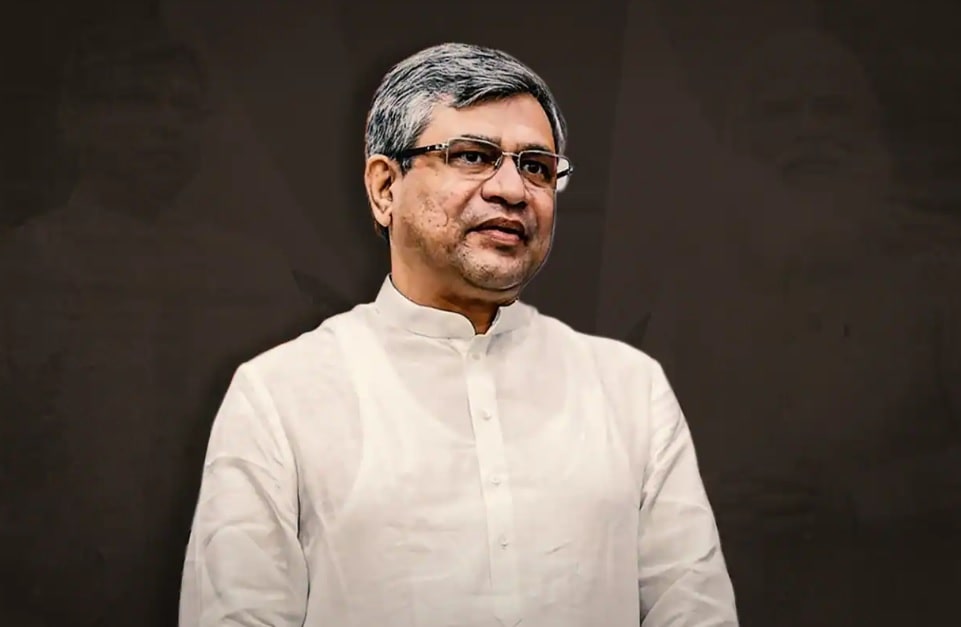
Union Minister for Railways Ashwini Vaishnaw, who addressed the Lok Sabha on Tuesday, has talked about punctuality of trains operation and claimed that Indian Railways has achieved an on-time performance of over 90%.
This achievement was registered by the adoption of advanced signaling systems, real-time monitoring, AI-driven scheduling, and predictive maintenance.
As highlighted by the Minister, out of 68 railway divisions, 49 have already surpassed 80% punctuality, while 12 divisions have impressively reached 95%.
This enhanced efficiency has resulted in smoother train operations, benefiting both passengers and freight services, he said.
Currently, Indian Railways operates more than 13,000 passenger trains, including 4,111 Mail and Express trains, 3,313 Passenger trains, and 5,774 Suburban trains. Notably, the total number of trains in operation has now exceeded pre-COVID levels, reflecting the railway’s commitment to reliability and improved service delivery.
To manage passenger demand during peak festive seasons, Indian Railway has operated a record number of special trains. Last year, during Holi, 604 special trains were operated to accommodate the surge in travelers.
During the summer vacation period, around 13,000 special trains were introduced to facilitate smooth travel. Similarly, for Chhath and Diwali, 8,000 special trains were deployed. A remarkable effort was made during the Mahakumbh, with 17,330 special trains running to ensure seamless travel for devotees from across the country.
This year, for Holi alone, 1,107 special trains were arranged, reflecting the unwavering commitment of Indian Railways to passenger convenience and efficient travel management.
Minister emphasized the fulfillment of long-standing projects, such as connecting Jammu to Srinagar through engineering marvels like the Anji and Chenab bridges, with the latter standing 35 meters taller than the Eiffel Tower.
With the completion of the CRS inspection and implementation of recommendations, train services between Jammu and Srinagar will soon commence. He also underscored the transformation of the Dedicated Freight Corridor, which has gone from being a mere proposal to an operational reality under the present government.
Now, 350 freight trains run daily, reducing transit time from 24 to just 12 hours, significantly improving logistics. The Gati Shakti initiative has further bolstered freight operations, with 97 cargo terminals completed and 257 more under development.
Tunnel construction in the railway network has seen a fourfold increase since 2014, with 460 km of new tunnels built, and innovations such as the Himalayan Tunneling Method and domestic production of Tunnel Boring Machines (TBMs) in Tamil Nadu showcasing India’s growing self-reliance in infrastructure technology.
highlighted the modernization of railway stations, with 129 stations already completed and many more to be operational by 2025-26 as part of the world’s largest station redevelopment program.
Bridges across major rivers like the Ganga, Brahmaputra, and Kosi have been constructed, improving connectivity in key regions.
The Northeast has witnessed unprecedented rail expansion, with new lines in Sikkim, Assam, Arunachal Pradesh, Nagaland, Manipur, Mizoram, and Tripura. Indian Railways has also taken steps to address waterlogging in underpasses through extensive corrective measures.
While speaking about the financial position of Indian Railways, the Minister stated that despite the challenges faced during COVID, the Railways has now reached a healthy financial state.
Currently, almost all expenses are being met through its own revenue. The major components of railway expenditure include staff costs of ₹1,16,000 crore, pensions for around 15 lakh pensioners amounting to ₹66,000 crore, energy costs of ₹32,000 crore, and financing costs of ₹25,000 crore.
The total expenditure stands at ₹2,75,000 crore, while the total income is around ₹2,78,000 crore. Since COVID, the Railways has been covering its expenses from its revenue every year, and efforts will continue to further strengthen this financial position.
By Dharmendra Tewari/Shatrunjay Kumar